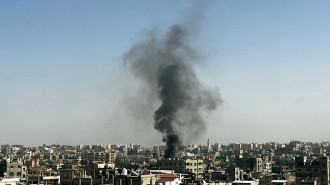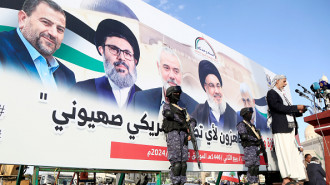US sends in marines as South Sudan violence escalates
The US sent 40 additional troops to South Sudan's capital, Juba, to help secure American personnel and facilities in the war-torn city.
Italy and Germany said on Wednesday they are evactuating nationals and foreigners from the capital, as South Sudanese attempt to flee the country by road reporting attacks, killings and robberies by armed men along the way.
Japan soldiers also flew into the country to assist in the evactuation of its nationals.
Amid a tense ceasefire - which has held since Monday night - US troops were deployed at the request of the State Department, said Africom spokeswoman Cpt. Jennifer Dyrcz.
In five days of fighting in the capital, President Salva Kiir's forces ousted those loyal to First Vice President Riek Machar, the former rebel leader in the country's recent civil war, from one of their bases.
The fighting left hundreds dead in the capital, and aid workers said bodies remained on the streets.
The US Embassy in Juba said it was organising flights to evacuate non-essential staff and for all US citizens wishing to leave South Sudan.
Commercial flights to Juba remained cancelled, though charter flights were evacuating hundreds of aid workers and other foreign citizens.
 |
The fighting left hundreds dead in the capital, and aid workers said bodies remained on the streets. |  |
Italy's foreign ministry said air force aircraft landed Wednesday in Juba to evacuate 30 Italians who decided to leave. Germany's foreign ministry said its air force was evacuating German, European and other foreign citizens with priority going to nationals who work for German organisations.
The UN said 36,000 South Sudanese civilians have fled their homes due to the fighting.
Some tried to reach neighbouring Uganda by road, but an Associated Press reporter spoke to people who had been wounded in attacks by armed men as they tried to flee.
| Read also: War looms over South Sudan as fighting intensifies |
Many cars had been shot at or burned. Government forces had erected roadblocks to demand money from those fleeing. Some people were sent back to Juba.
In Juba, others took shelter in churches, UN bases and aid workers' compounds, but there were reports of government soldiers blocking aid workers from moving to areas where civilians need assistance.
"There is hardly any food in the market, and people are starving. As a result, they are turning to coping mechanisms like looting to survive," said Jeremiah Young, policy adviser for World Vision.
Relief workers should be given freedom of movement, said the U.N.'s humanitarian coordinator for South Sudan, Eugene Owusu.
"We urgently call on all concerned to guarantee safe and unhindered access for humanitarian organisations to ensure that we are able to reach all people in need, including in locations hardest-hit by the fighting," he said.
The African Union described the situation as "totally unacceptable".
"What is happening again in South Sudan is totally unacceptable," said African Union Commission President Nkosazana Dlamini-Zuma on Wednesday.
"Governments and leadership are there to protect the vulnerable, to serve the people, not to prey on them and be the cause of their suffering," Dlamini-Zuma said.
Meanwhile, fighting continued to spread to other parts of South Sudan. Shantal Persaud, the spokeswoman for the UN mission there, said it had received a report of small-arms fire in Leer town in Unity state Wednesday morning - hometown of former rebel Machar.

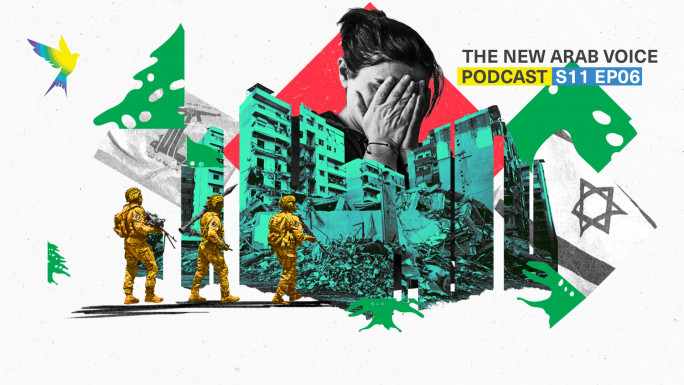
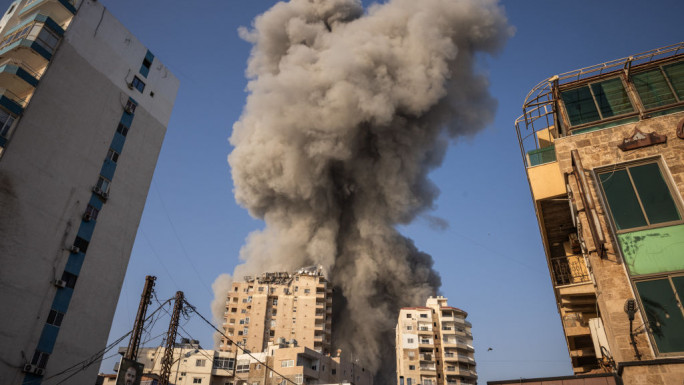
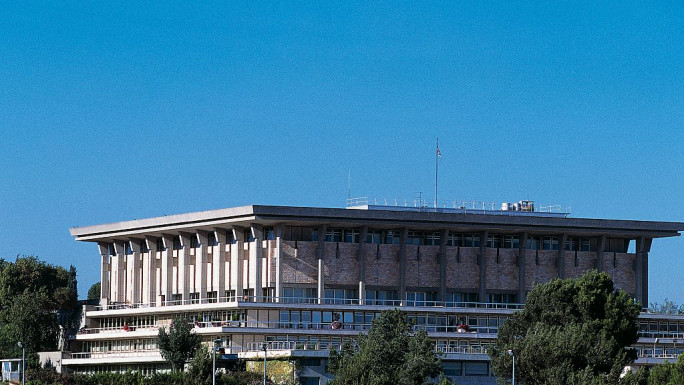
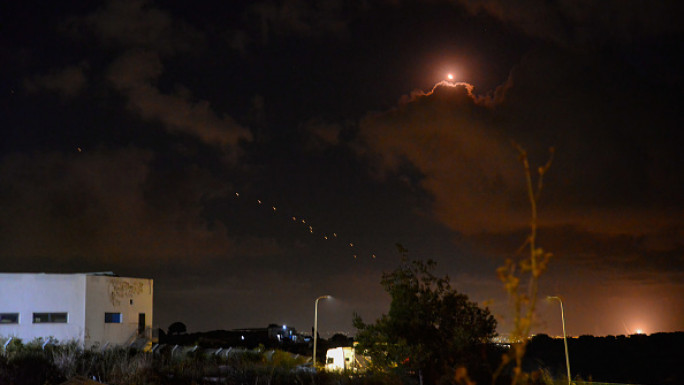
 Follow the Middle East's top stories in English at The New Arab on Google News
Follow the Middle East's top stories in English at The New Arab on Google News
![Palestinian detainees' families [Getty]](/sites/default/files/styles/image_330x185/public/1794396218.jpeg?h=a5f2f23a&itok=nESfx5RV)
